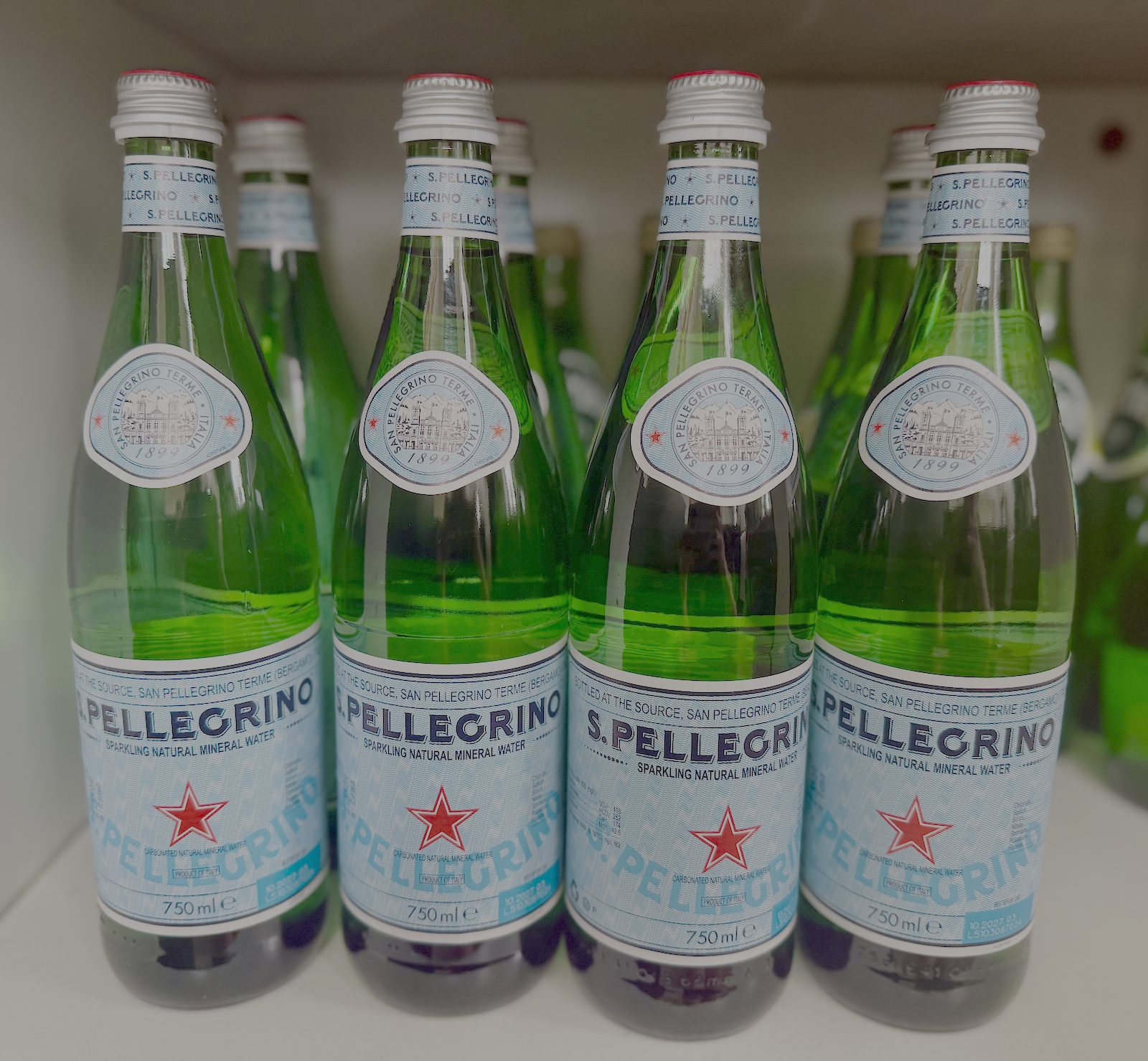Glass bottles contain more microplastics than plastic ones, study finds

Sustainability
A recent study by France’s food safety agency, ANSES, has uncovered that beverages packaged in glass bottles contain substantially higher levels of microplastics compared to those in plastic bottles or cans.
Analysing a range of drinks—including soft drinks, lemonade, iced tea, beer, wine, and water—the researchers discovered an average of approximately 100 microplastic particles per litre in glass bottles—between five and 50 times more than measured in plastic bottles or metal cans.
To identify the source, the team examined the caps sealing glass bottles and matched the plastic particles to the paint coating on those caps. They concluded that tiny scratches, likely caused by friction during storage, cause the paint to flake into the liquid.

ANSES pointed out that beverages such as beer and lemonade showed some of the highest levels of contamination, while water and wine—bottled with corks—had significantly fewer particles. Notably, the findings appeared in the Journal of Food Composition and Analysis.
While research into the full health effects of microplastics is ongoing, studies have increasingly linked their ingestion to inflammation, hormone disruption and other potential long-term health risks.
In a bid to reduce contamination, ANSES demonstrated that blowing air on and rinsing the caps with water and alcohol prior to opening could reduce microplastic levels in drinks by up to 60%.
This study challenges the assumption that glass packaging is inherently safer and raises new concerns about overlooked sources of plastic contamination. It also highlights the need to rethink packaging materials, especially for glass-sealed beverages.
Related News
-
Business
Target becomes 'first major US retailer' to commission sustainable wine in paper bottles
-
Sustainability
Aldi introduces own-label aluminium wine bottle in UK supermarket first
-
Sustainability
University start-up develops plastic that breaks down in oceans without microplastics
-
Sustainability
New study links colourful plastics to increased microplastic formation
-
Sustainability
EU plastic packaging ban labelled 'plastiphobia'




